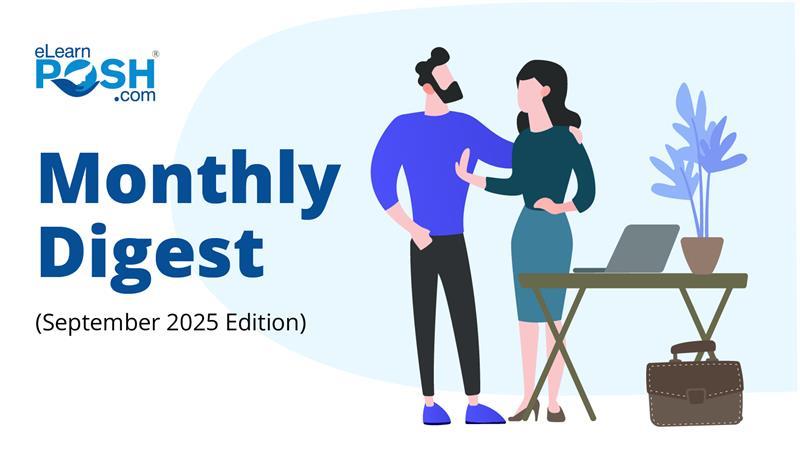
Insights That Help You Build Respectful Workplaces
This Month’s Highlights
- From the Editor’s Desk
- August Round-Up
A. Podcast Spotlight: When a Handshake Crosses the Line
B. Legal Watch: Supreme Court Orders District-Wise Survey on POSH Compliance
C. Featured Blog: Can a POSH Complaint be Withdrawn? - SHe-Box Unboxed: Can non- employees file complaint using SHe-Box?
- Third Party Harassment: What Would IC Do?
- Guest Article by Dr. Sandya Advani
1. From the Editor’s Desk
eLearnPOSH Editorial
About the Author
 Ms. Maya Sreenivasan
Ms. Maya Sreenivasan
Psychologist, Subject Matter Expert at eLearnPOSH.com
Maya Sreenivasan brings hands-on experience in workplace compliance, specializing in the POSH Act, 2013 and Industrial Psychology. With over 7 years of experience in advising organisations on POSH policies and training Internal Committees, she plays a critical role in shaping the content and legal accuracy of eLearnPOSH.com’s training programs.
The Bystander: The Role We Often Overlook in POSH
Most POSH conversations tend to revolve around the complainant, the respondent, the Internal Committee, or HR. But what about the colleague who overheard an inappropriate remark? Or the bystander who noticed something wasn’t right but stayed quiet because they didn’t think it was “their place to interfere”?
While formal mechanisms like reporting structures and the IC play a crucial role, when it comes to preventing harassment in real-time, bystander intervention can be transformative. However, the challenge lies in what’s known as the bystander effect: a phenomenon where people fail to act in group settings, assuming someone else will. In India, this is amplified by cultural conditioning. Many of us are raised to not “get involved” or to “mind our own business,” when it comes to uncomfortable matters. This learned silence becomes a barrier.
A 2017 study titled “Workplace bullying among Indian managers: prevalence, sources and bystanders’ reactions” surveyed over 200 Indian managers and found that while bullying was common, bystanders largely chose inaction. The reasons ranged from fear of consequences to confusion about what action to take. But the study also pointed out that when bystanders feel empowered and supported by their organisation, they can act as powerful deterrents.
The takeaway is simple: people often want to help but don’t know how. Unfortunately, bystander intervention is not yet a mandatory compliance requirement in India, so few organisations invest in training for it. But we do have good resources freely available. For instance, the City of Chicago has mandated bystander training and made its entire curriculum freely available online. (link)
If we want to move from reactive policy to proactive culture, we must bring bystanders into the frame.
2. Monthly ROUND UP
A. Podcast Spotlight: When a Handshake Crosses the Line
 Insisting on Handshakes: Harmless or Harassment?
Insisting on Handshakes: Harmless or Harassment?
In this episode, our POSH subject matter experts Ms. Sharadhi Raj and Ms. Maya Sreenivasan explore the concept of Intent vs. Impact as interpreted by the Courts and as general practice.
They discuss the HCL Technologies vs. N. Parthasarathy case, where the Madras High Court held that repeated, unwelcome gestures like handshakes can amount to sexual harassment. The takeaway: under POSH, how the behaviour is received matters more than what was intended.
Key points:
- Unwelcome gestures, even if common, may still be harassment.
- ICs should apply the reasonable woman standard to assess impact.
- Observing discomfort and respecting boundaries is critical.
Listen to the full episode on our website and stay updated with more practical insights into POSH compliance at eLearnPOSH.com.
B. LEGAL WATCH
Supreme Court Orders District-Wise Survey on POSH Compliance
Case Number: Aureliano Fernandes v. State of Goa, MA Diary No. 22553/2023
Date of Order: August 12, 2025
The Supreme Court has reinforced the importance of POSH compliance by directing all States and Union Territories to complete a district-wise survey within six weeks (from 12 August 2025) to check if organisations have constituted Internal Complaints Committees (ICCs) as mandated under Section 4 of the POSH Act.
Key takeaways for organisations and ICs:
- Labour Commissioners and District Officers have been directed to collect district-level data on ICC constitution in all workplaces and transmit this compliance information through the Chief Secretaries to the Court.
- Employers are duty-bound to establish ICCs, and Labour Departments must take appropriate action if any workplace is non-compliant.
- Section 26 penalties will apply for failure to comply, including fines up to ₹50,000 and potential cancellation of licenses for repeat violations.
- The Court further stated that States may also ensure that data already collected is uploaded to the She-Box platform created by the Ministry of Women and Child Development, enabling centralised monitoring of compliance.
Following the judgment, the Karnataka Labour Department, through a circular dated 21 August 2025, directed all Labour Officers and Sub Labour Officers to confirm the formation of Internal Committees in commercial establishments within their jurisdiction and submit compliance reports. Legal Round Up circular
POSH Compliance Checklist
1. Constitute ICCs in all workplaces with 10+ employees.
2. Co-operate with Labour and District Officers during surveys.
3. File annual reports and update data on She Box.
4. Conduct employee awareness and ICC training.
5. Maintain records to avoid Section 26 penalties.
Need help with SHe Box registration or compliance? Contact sales@succeedtech.com
C. Featured Blog: Can a POSH Complaint be Withdrawn?
This month we featured a blog exploring an important issue that many Internal Committees encounter – whether a POSH complaint can be withdrawn once it has been filed. The article examines what the law states, what remains unclear, and the challenges ICs face when handling such requests.
3. SHe-Box Unboxed: Can non- employees file complaint using SHe-Box?
1. Does SHe-Box replace the Internal Committee’s role or existing complaint process?
No. SHe-Box does not replace your IC or your internal grievance redressal process. It acts as an additional channel for women to file complaints, which are forwarded to the concerned IC or LC on the SHe-Box Portal. Your IC continues to have the full responsibility to conduct inquiries, issue recommendations as per the POSH Act.
2. Is the SHe-Box portal secure and confidential?
Yes. The portal is designed to ensure confidentiality of complaints in line with Section 16 of the POSH Act. The platform restricts visibility to only the concerned IC/LC and administrative authorities. However, organisations must continue maintaining internal confidentiality during inquiry.
3. Can a non-employee (e.g., vendor, client, freelancer) file a complaint through SHe-Box?
Yes. One of the key features of the SHe-Box portal is that it allows any woman, including those who are not employed by the organisation such as clients, vendors, freelancers, gig workers, interns, or consultants to file a complaint if she has experienced sexual harassment at that workplace. The complaint is then routed to the Internal Committee (IC) of the concerned organisation, provided the organisation is registered on the SHe-Box portal.
4. What happens if Organisations don’t Register?
There is no explicit penalty solely for failing to register on the SHe-Box portal. However, the portal has been launched by the Ministry of Women and Child Development. As an employer, it is your responsibility to establish a Complaint Management System that provides every aggrieved woman a safe and accessible way to file complaints. Registering your workplace on She Box further strengthens this system by allowing both employees and non-employees to lodge complaints with ease. Any guidelines or directions from the Nodal Ministry should be treated as essential POSH compliance measure and implemented in good faith.
eLearnPOSH strongly recommends that every workplace, public or private, complete its registration on SHe-Box. The portal aligns with the legal framework of the POSH law and failing to register, despite clear directions from the Ministry, the Court, the labour Department and District Officer may be treated as non-compliance with the law.
4. THIRD PARTY HARASSMENT: WHAT SHOULD IC DO?
Scenario: Complaint Involving a Third-Party
A woman employee submits a complaint stating that a courier delivery executive, employed by a contracted logistics vendor, made inappropriate remarks while delivering a package at the office reception. The individual is not employed by the organisation but regularly visits the premises.
What is the appropriate course of action?
A. Dismiss the complaint since the accused is not an employee.
B. Refer the matter to the Police and take no further steps
C. Record the complaint, conduct a limited inquiry, and coordinate with the vendor
D. Record the complaint and refer it to the respondent’s employer for action
Recommended Approach: Option (D)
Since the respondent is not an employee, the IC does not have jurisdiction to inquire into the matter. However, the IC should document the complaint and assist the complainant in approaching the IC of the respondent’s organisation. With SHe-Box, complaints involving individuals from other organisations can now be filed centrally and are automatically forwarded to the respondent’s employer or Internal Committee. This enables cross-entity complaints to be processed more efficiently and allows for better tracking and accountability.
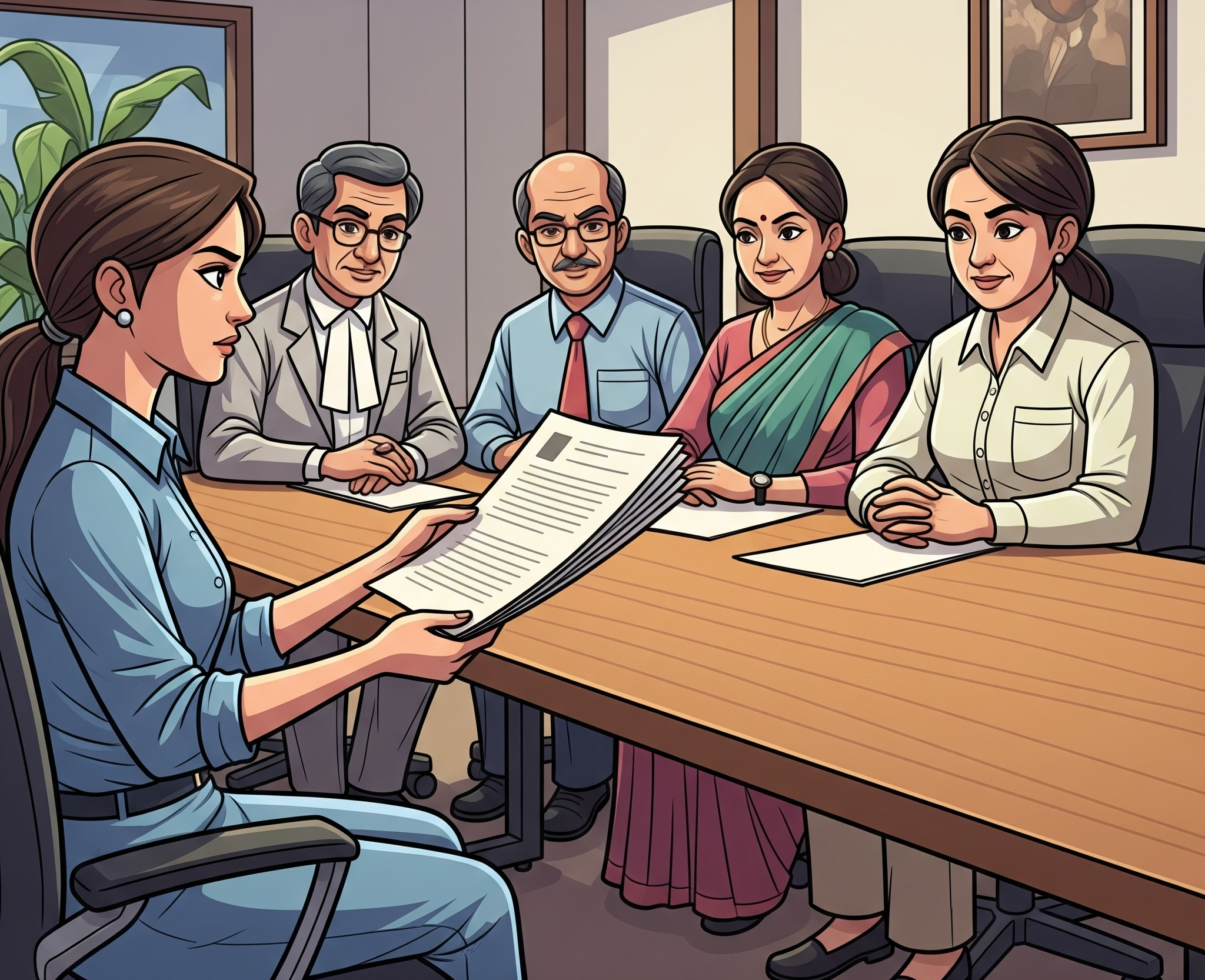
Option A is wrong because the IC cannot dismiss the complaint outright simply because the respondent is not an employee; every complaint must be recorded. Option B is also not recommended because the criminal route is often time consuming and overwhelming, and referring the matter only to Police without workplace support would leave the complaint unaddressed under POSH. The IC can assist the aggrieved woman in filing a criminal complaint with the Police if she wishes.
Similarly, while the IC may make a preliminary assessment to see if the allegations amount to sexual harassment, it has no jurisdiction to conduct a formal inquiry against non-employees, which makes a limited inquiry improper. Hence, Option C is not recommended.
5. GUEST ARTICLE
About the Author
 Dr. Sandya Advani
Dr. Sandya Advani
Dr. Sandya Advani is the Founder and Principal Consultant at POSH Systems.com, with over 35 years of corporate experience across industries including Travel, IT, BPO, Aviation, and Education. After retiring as Director, Administration in 2019, she established her firm to provide end to end POSH compliance services.
She serves as an External Member on Internal Committees of 40+ companies and has trained more than 57,000 individuals since 2019. Dr. Advani holds multiple qualifications in law, safety, cyber law, and POSH, and is empanelled as an Individual Trainer with the Ministry of Women and Child Development. Recognized among India’s Women Achievers and a recipient of several awards, she is also a knowledge partner with Board Stewardship and has trained at leading institutions including IIM Indore, IIM Mumbai, BITS Pilani, and Welingkar College.
Beyond the Two-Sentence Training: What Natural Justice Really Means for POSH Committees”
Rule 7 of the Sexual Harassment Rules mandates that the complaints committee handles complaints in accordance with Principles of Natural Justice. What do you understand by them?
A trainer recently spoke about the Principles of Natural Justice in two sentences: “Give equal time to both parties one and half hours each.” This explanation is inadequate since there is so much more to be learnt to understand.
What Are Principles of Natural Justice?
Whenever a judicial body or quasi-judicial body or an administrative body has to take a decision which is adverse to the person concerned, they have to follow certain minimum procedure. Sometimes the Act may lay down the procedure, sometimes not. Whether it is laid down or not, these principles have to be followed. These principles ensure minimum protection of the rights of an individual and prevent any kind of arbitrary action being taken by the authorities. It implies that the Internal Committee has to follow these principles. If the IC violates these principles and the matter goes for Appeal, the Inquiry Report can be set aside.
There are 2 principles:
1. Nemo Judex in Causa Sua: The Rule against Bias
If you are asked to do a self-appraisal, what is the rating you will give yourself? Invariably the highest. No one can be a judge in their own cause. If any of the IC members are partial or biased or there is a conflict of interest, they cannot be a part of the committee conducting the inquiry.
Practical application: When notices are issued, the names of the IC member conducting the inquiry are disclosed with a statement that if any of the parties has an objection to the presence of any of the IC members on the grounds of partiality or bias they need to inform the IC before the inquiry. If the objection is valid such IC member is asked to step away from the committee and cannot participate in the inquiry
2. Audi Alteram Partem: The Rule of Fair Hearing
Both parties need to be heard fairly. This is implemented at 4 places during complaint handling.
Opportunity to respond to the complaint- A copy of the complaint is shared with the respondent for his/her response. The response when received is shared with the complainant.
Both parties are heard. This is the second opportunity given.
All witnesses are examined and their statements including the statements of the parties, evidence received are shared with both the parties and an opportunity for cross examination is provided.
Once cross examination is over and the IC has come to certain findings -whether the complaint is proved or not proved, these findings are shared with both the parties and a last opportunity is given to both the parties to put forth any additional evidence if they wish to.
In case these steps are not followed, the affected party can file an Appeal and if it is proved, the Court can set the Inquiry Report aside and issue fresh directions to the IC.
The Internal Committee is the face of the organisation when handling complaints of sexual harassment and an ill-equipped and untrained IC can result in litigation, costs, loss of brand name, loss of clients. Would you really want that to happen?



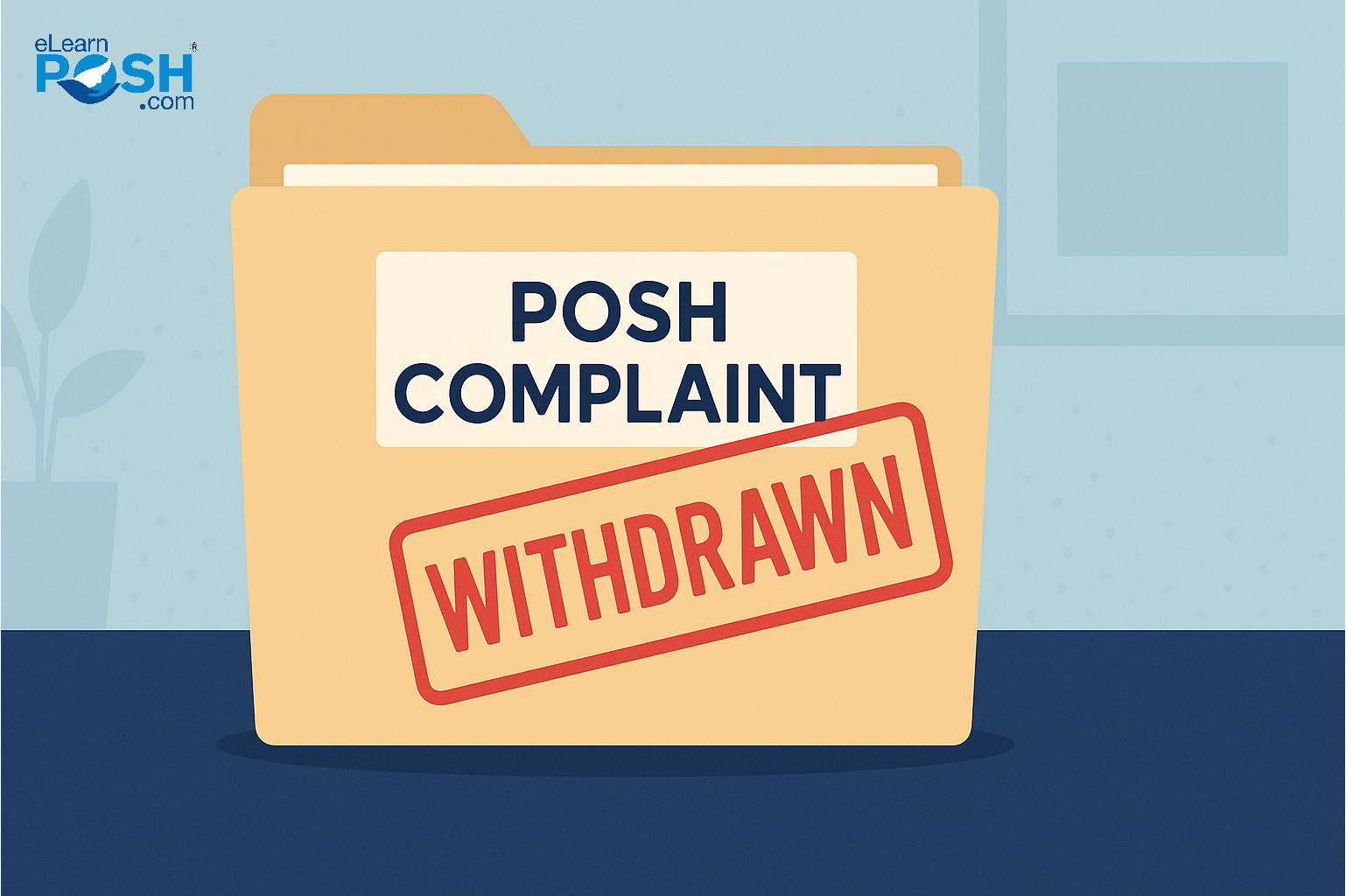
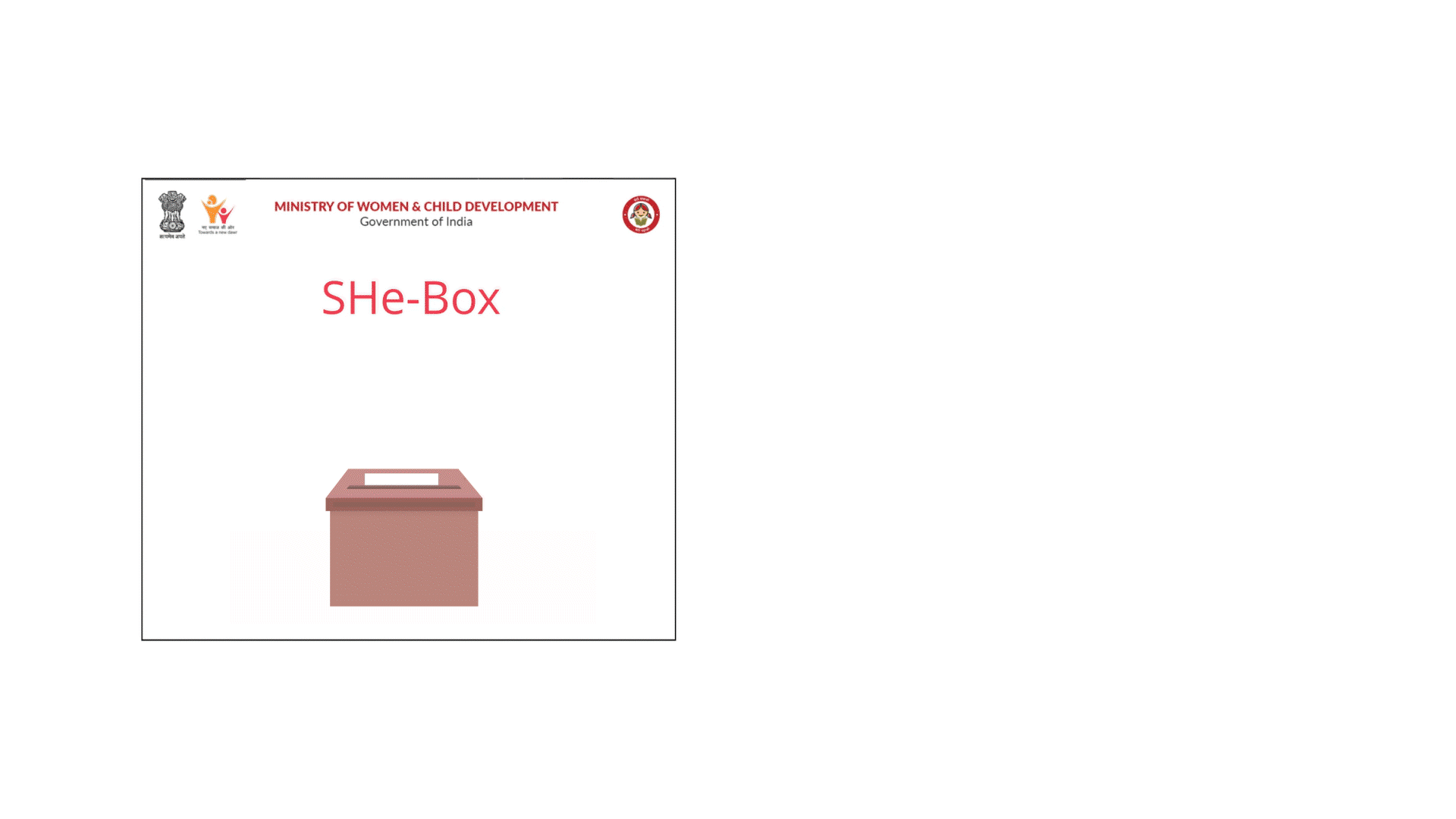

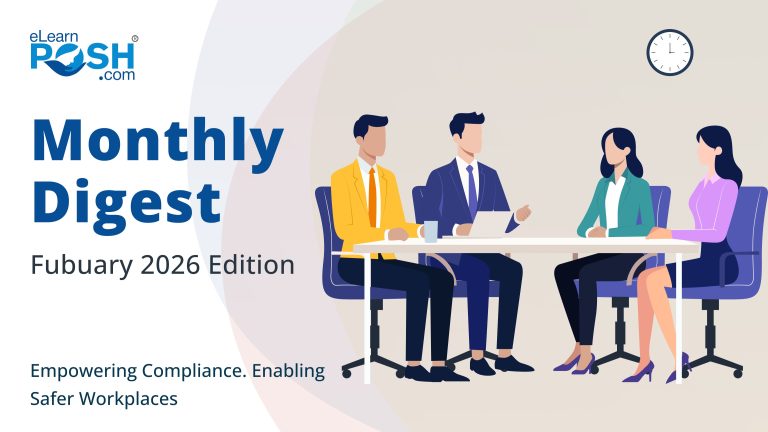
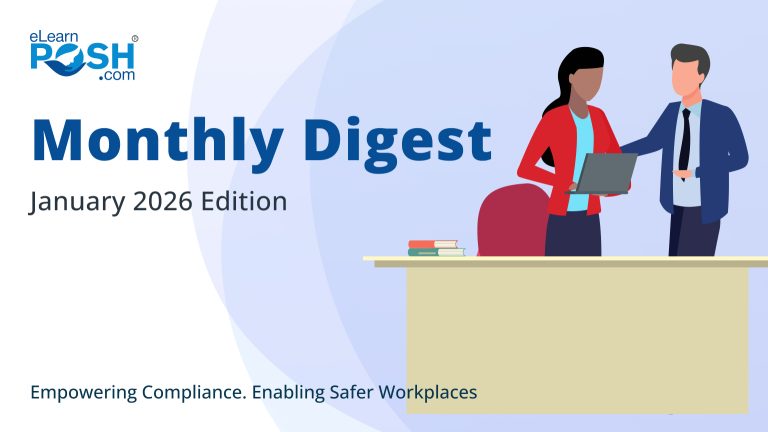
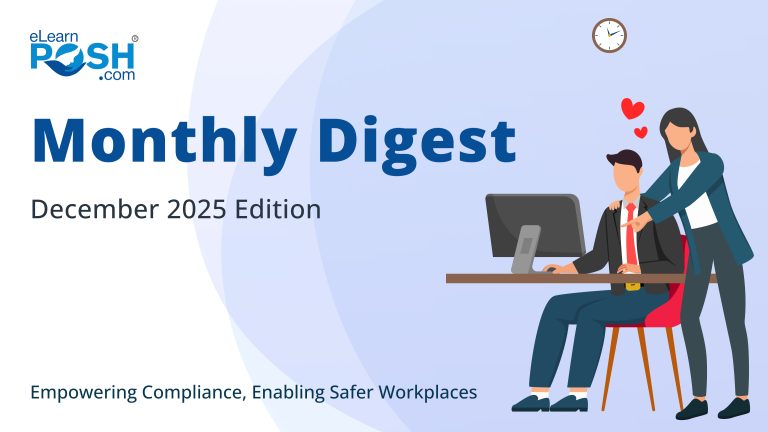
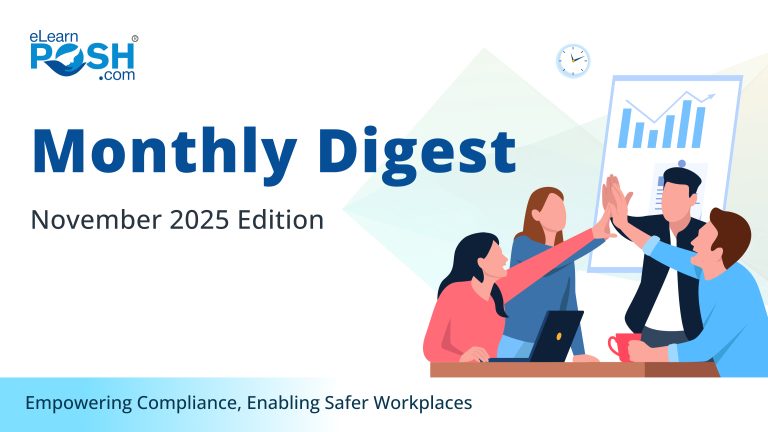
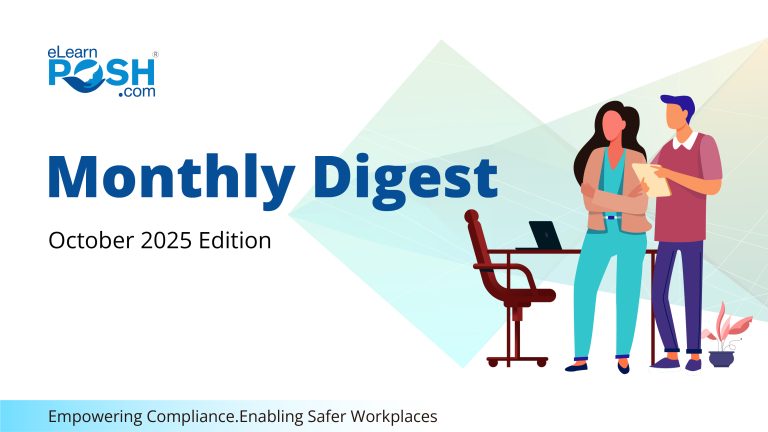
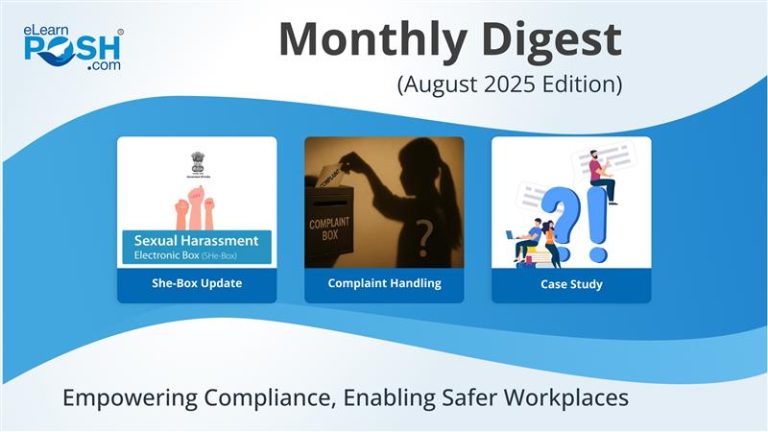


Leave a Reply